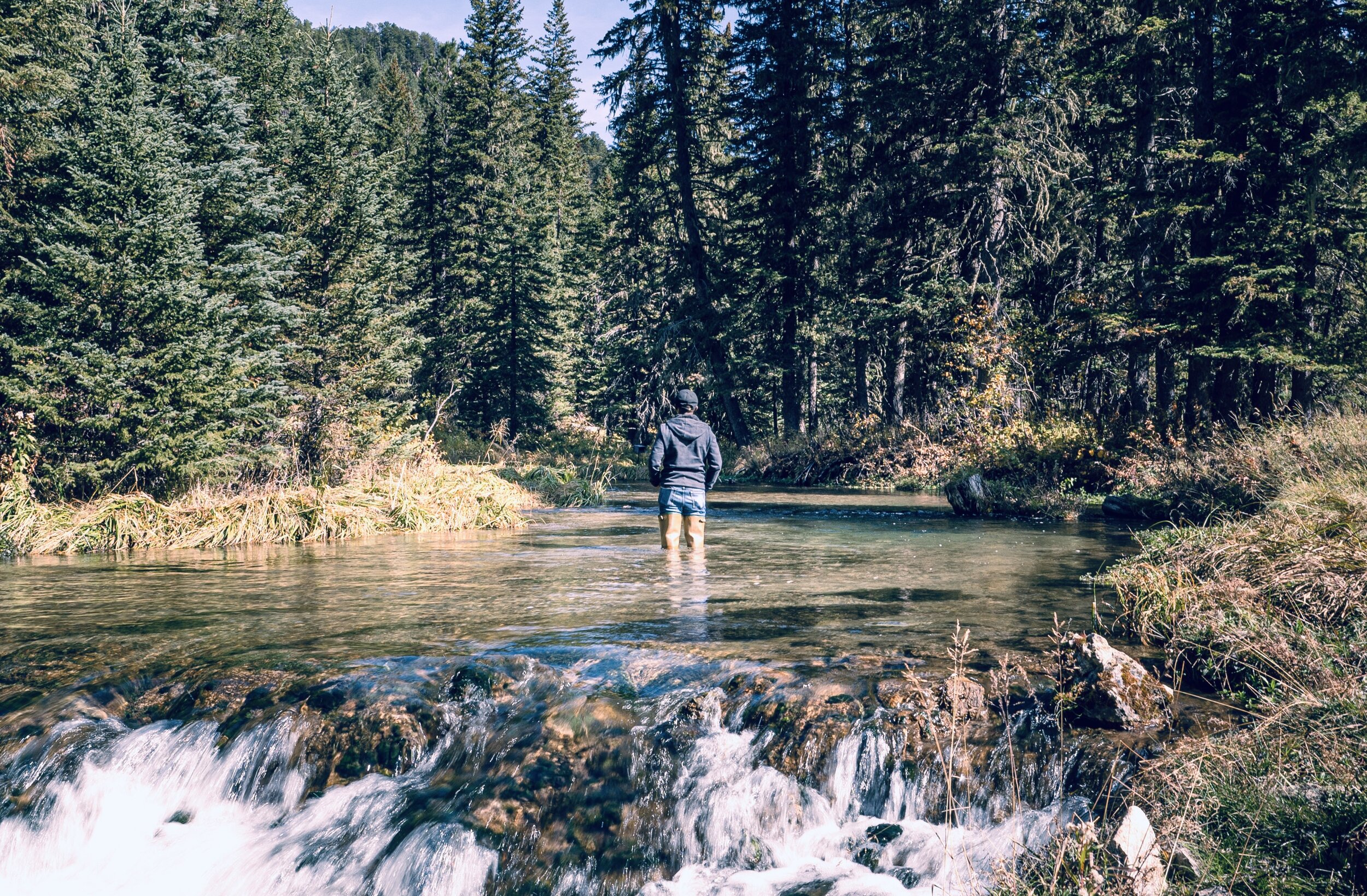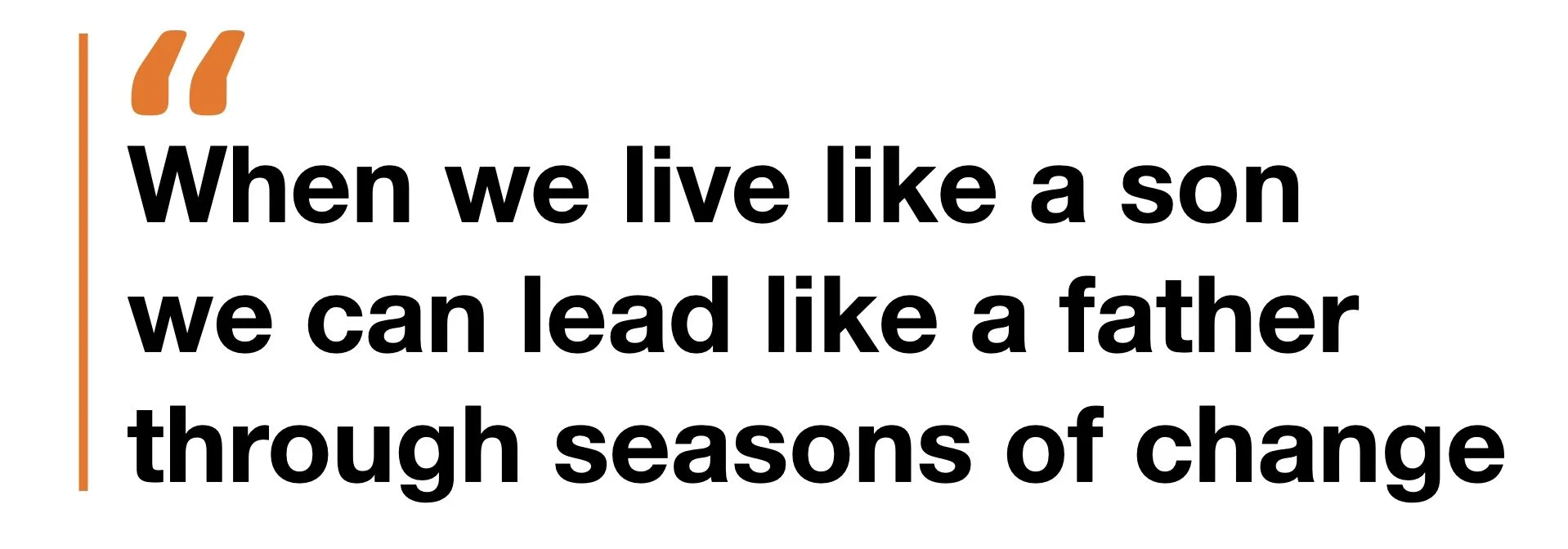Why We Need: Change
“No man ever steps in the same river twice, for it's not the same river and he's not the same man.” Heraclitus
I recently visited my hometown. As tends to be the case, some things had changed, some things had stayed the same.
For example, the houses my wife and I grew up in. We drove by them both, viewing them from the street. Neither house had been a part of our lives for about twenty-five years; our families had relocated to different cities at roughly the same time.
And whereas the house she lived in had many alterations—additions, upgrades, an entirely new facade—the house I spent over a decade of my youth in remained, literally, as it was. Not one window, roof shingle, porch swing different; nay, not one detail altered. Even the landscaping and small exterior decorations seemed untouched, save by time.
Both experiences filled me with nostalgia, but a different kind. To see a house you knew so well look so different made me remember with fondness the way things were, but it felt good to see something cared for, improved, built upon in creative and beautiful ways. Then, driving across town and observing the house I grew up in unchanged, just older, elicited a sort of sadness. No growth, no surprising upgrades…just wear and tear. No one had even bothered to replace the garage siding I had cracked with a basketball a quarter of a century earlier.
Driving past it, I thought to myself, “You have to work hard to not change something at all for over two decades…or, you have to simply not care.”
I think the same might be true in our lives.
Change creates an interesting dilemma for us. On the one hand, we naturally crave novelty; research shows that a new experience—whether it’s meeting someone, buying or renovating something, or exploring a new locale—lights up the pleasure center of the brain and creates a dopamine rush.
Yet on the other hand, we’re hard-wired to resist change. Results from studies using fMRI technology reveal that when we are shown new data being used to overcome our confirmation bias—to show that a fact doesn’t confirm our position and we thus need to “change our mind”—our brains react as if we are in pain.
This is a true conundrum. We need novelty and change to feel good (you might say we are “made” for discovery), but at the same time we experience pain as things change in and around us. It’s why, in the corporate context, whole consultancies with principles and processes have emerged to help lead organizations (made up of people) through change.
How do we explain this?
In short, our mortality. More specifically, the fear generated by the condition of being mortal, a condition we and our forebears have been afflicted with since the garden. Because we exist in bodies and environments subject to lack and decay, we are continually fighting “the long defeat”, a fight we are tempted to try to win through hoarding, grasping, resisting with clenched jaws and fists the tides of change flooding in.
And it is a flood. To paraphrase the pre-Socratic philosopher Heraclitus, the only constant in this mortal life is change.
We want control over that change; we roll against it as it operates in our surroundings, including against the people who populate those surroundings. Why? Perhaps it’s just physics; maybe it’s Newton’s law of inertia operating: it is us, like everything else in the universe, resisting in order to preserve our present state.
But probably it’s not just physics, it’s fear. Fear of the unknown, fear of what may be lost. Fear of what we cannot control. So we sit in the soiled diaper of emotional inertia, because, as Dave Ramsey puts it, “It smells, but it’s warm and it’s mine.”
Hence, we don’t address our past wounds, we don’t equip our kids, we stay in our job or leadership position too long, we fail to add spontaneity to our marriage, we won’t forgive, we won’t ask for forgiveness. We don’t release control. We can’t rest.
This threatening nature of change seems inherent to the term itself. The English word comes to us from the Latin cambiare, meaning “to barter”. To change is like bartering with the future, exchanging known outcomes for hoped for but uncertain outcomes, and we’re never sure if we’re going to come out ahead. Will we see ROI from the variation? Will I see gains from this deal, this transaction with tomorrow?
To change, it turns out, requires faith.
Like the prodigal trusting that whatever happens, he’ll have more food in his estranged father’s presence, we must believe that on the other side is more—more health, more growth, more peace, more fullness.
And it is the Son himself who fosters that faith.
When we look to him, we see one who—though eternal, spiritual, non-carbon based in essence—stepped into the flux of this age and changed: from infancy to adulthood, from Africa to Galilee, from two-parent to single-parent home, from carpenter to rabbi, from hero to goat, from mortal to transfigured, from dead to alive. And we are increased in our faith that like him—through him—we, too, as sons, can change. Indeed, that like all living things, we must change.
And when we live like a son—not like an employee, not like a manager, not like a hired hand—we can begin to lead like a father in the midst of ever-changing environments and relationships. We can listen to others. We can cover those around us. We can negotiate and reason together with them. We can inspire. We can clarify vision when a new thing is happening.
Then, like the river, we can experience the continual change of transformation, the effortless flow over obstacles on the journey from source to sea. And, with a nod to Neo, we can live unafraid of change…and begin.




